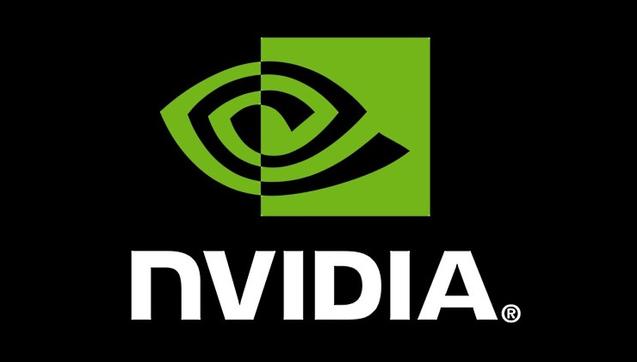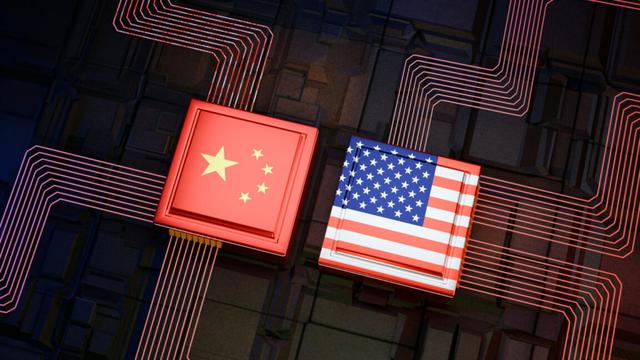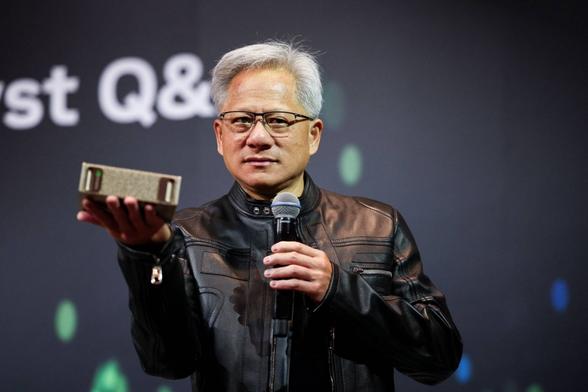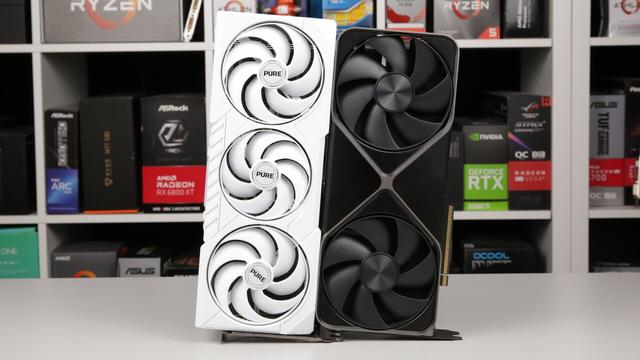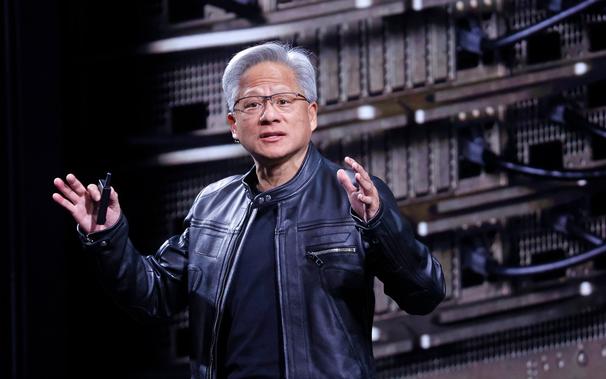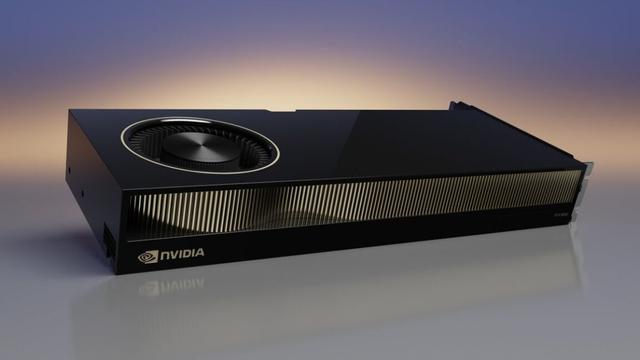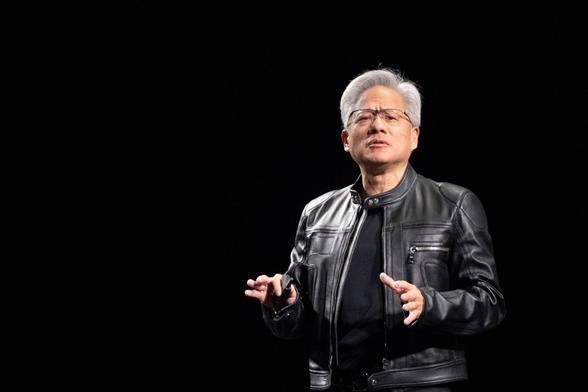I keep an archive of all of the device drivers for all of the hardware I use for a number of reasons:
• It is an easy and convenient way to roll back to an earlier version of something if the latest driver isn't working, especially if you don't have network access or limited network access.
• It lets you install drivers for older hardware that the manufacturer may not offer for download any more, without having to rely on third-party websites (some of dubious quality). That's even more important when the manufacturer is no longer in business.
• It can even be handy for security research, like trying to find out when a vulnerability was introduced (or fixed), validating a BYOVD attack, or as a clean set for fixing false positive detections.
I have seen that the installers for the desktop and notebook versions of #NVIDIA's drivers were the same size, but did not pay too much attention to this, because I know from previous employers that such things can be attributed to very small changes between product SKUs, like strings for product or operating system names, etc.
Going through some upgrades of my backup process, I decided to take a look at Nvidia's drivers, since over time they have been taking up more and more space, and as much as I like having a library of drivers, I don't need duplicates in it.
So, I was not altogether surprised to see that the installers for desktop and notebook versions of the installation packages generated identical CRC-32's and 32-bit checksums (I skipped MD5's, SHA-1's or other hashes for brevity).
It seems like I can save myself some disk space by deleting the duplicate files. I haven't checked to see if NVidia performs any logic checks against the filename, but those are easy enough to check against should I need to reinstall a particular package.
Oh, the screen shot is from Funduc Software's Duplicate File Finder, just in case you're wondering. There are plenty of similar utilities out there, and it is definitely something you can script yourself, but I have used a few of their utilities in the past so it was already installed on this PC.



